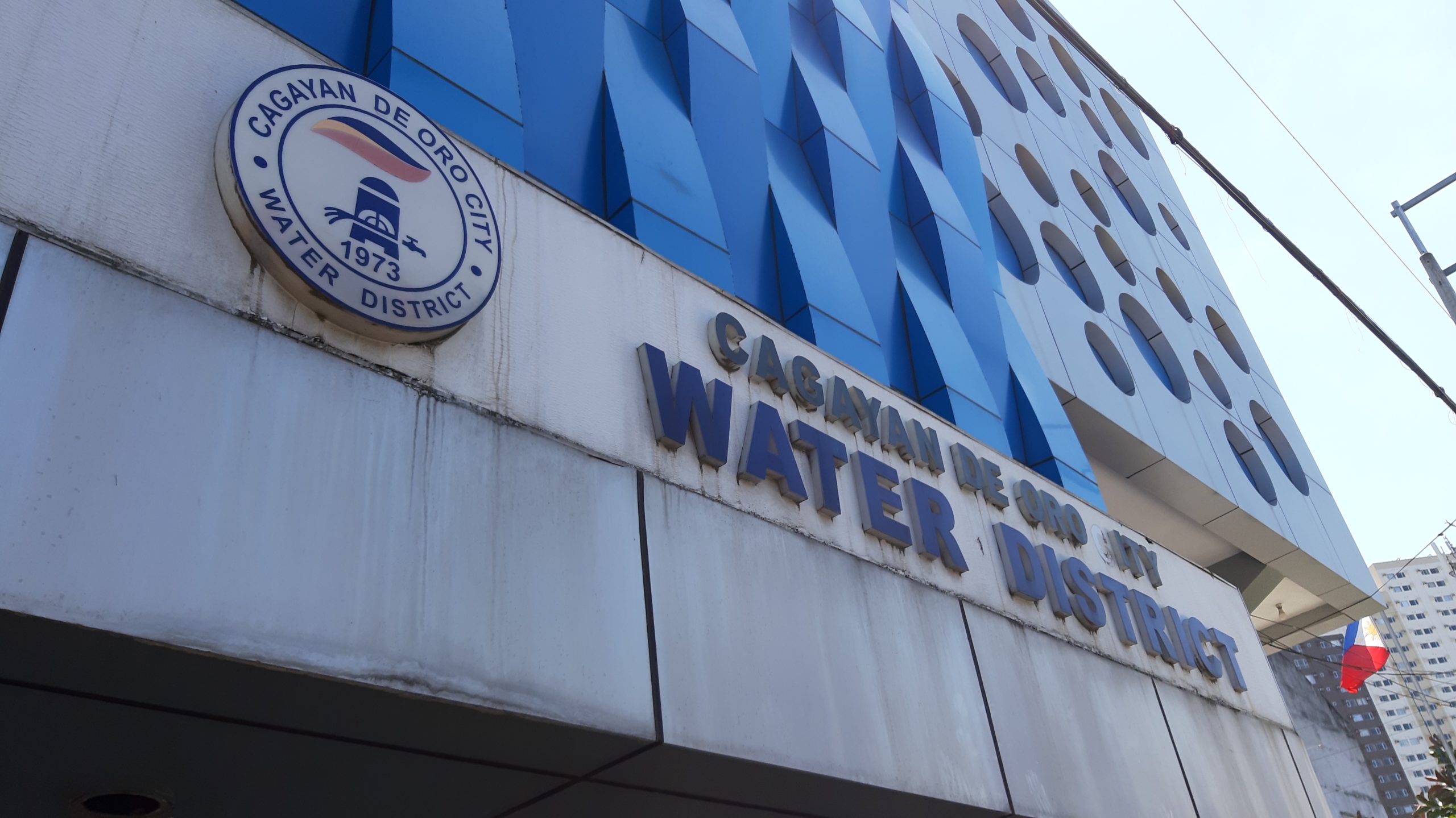
NORTHERN Mindanao remained free of the African swine fever (ASF), the fatal viral animal disease affecting hogs of all ages, the agriculture department reported Tuesday.
Despite the ASF-triggered challenges to the swine industry, the Regional Field Office of the Department of Agriculture bared department’s strides for the first semester amid the ongoing pandemic.
It reported that the agency extended about P184.9 million worth of financial aid to 28,674 farmers under the Rice Farmers Financial Assistance (RFFA), Financial Subsidy for Rice Farmers (FSRF), and Survival and Recovery Aid.
“Measures are in place and carried out, to impede the entry of such dreaded disease from the region,” agriculture department head Carlene C. Collado said.
Collado bared during Cabinet Officer for Regional Development and Security (CORDS)-X podcast with presidential communications operations office Secretary, Jose Ruperto Martin M. Andanar.
Northern Mindanao, according to Collado was the third-largest swine producers in the Philippines.
The region has an estimated total hog production of 52.23 thousand metric tons (live weight) for the first quarter, this year, and further saved the region from incurring economic losses.
Collado said that with nearby regions, such as 11 and 12, now being ASF-stricken areas, he noted, it is vital for the region to beef up its ASF preventive and control measures.
“Region 10 is still ASF-free, meaning it remains part of the green (protected) zone,” said Collado adding where transport (selling or trade) of swine and pork products to any parts of the country is allowed.
Even Arakan Valley in Cotabato shares a border with that of Kitaotao, Bukidnon province, he added.
“We are particularly protecting Bukidnon, being the host of our great grandparent and grandparent stocks,” Collado said.
Concerted initiatives are also being done in close coordination with the private sector such as NORMINHOG and OroVets.
Collado said the department has been helping them with information and education campaign efforts.
The info drives include, avoid swill feeding to raised hogs, as these may be contaminated, refrain from bringing in pork meat and its by-products from ASF-affected areas, report unusual swine mortalities, and patronize farmers’ local meat and its by-products.
Recently, legal training was also conducted for the provincial and city veterinarians, including quarantine station officers for apprehension, confiscation, and filing of complaints about violators on (ASF) executive orders issued by the different local governments.
Monitoring animal movement of all livestock coming from outside NorMin is also ongoing, he stated.
“We are also geotagging commercial and backyard swine farms to establish proper zoning (and movement) and for an immediate response, should any ASF incidents be discovered,” Collado detailed.
Meanwhile, through the agency’s Kadiwa ni Ani at Kita On-Wheels and Express, Collado said a total of 65,591 households have benefited while 66 farmer-suppliers were assisted, generating sales of almost P15 million.
In support to end local communist armed conflict, Collado further told its interventions, comprising the provision of farm machinery and equipment, dispersal of animals and other agri-inputs, to reinforce the implementation of the Armed Forces of the Philippines’ civil-military operations.
“These (agri-interventions) are not only for the agri-development in their respective camps but also in bringing services to those conflict-affected barangays that are hard-to-reach by our agricultural extension services,” said Collado.
Addressing the prevailing health crisis, DA-RFO 10 will continue to serve as food security frontliners, as it eyes to continue drumming up the level of food production across all commodities, including the alternative staple food crop, adlay, as it now gains ground in the region, Collado said. (Angie Cabig and Recthie Tolinero/DA10/PIA10)
Disclaimer
Mindanao Gold Star Daily holds the copyrights of all articles and photos in perpetuity. Any unauthorized reproduction in any platform, electronic and hardcopy, shall be liable for copyright infringement under the Intellectual Property Rights Law of the Philippines.










